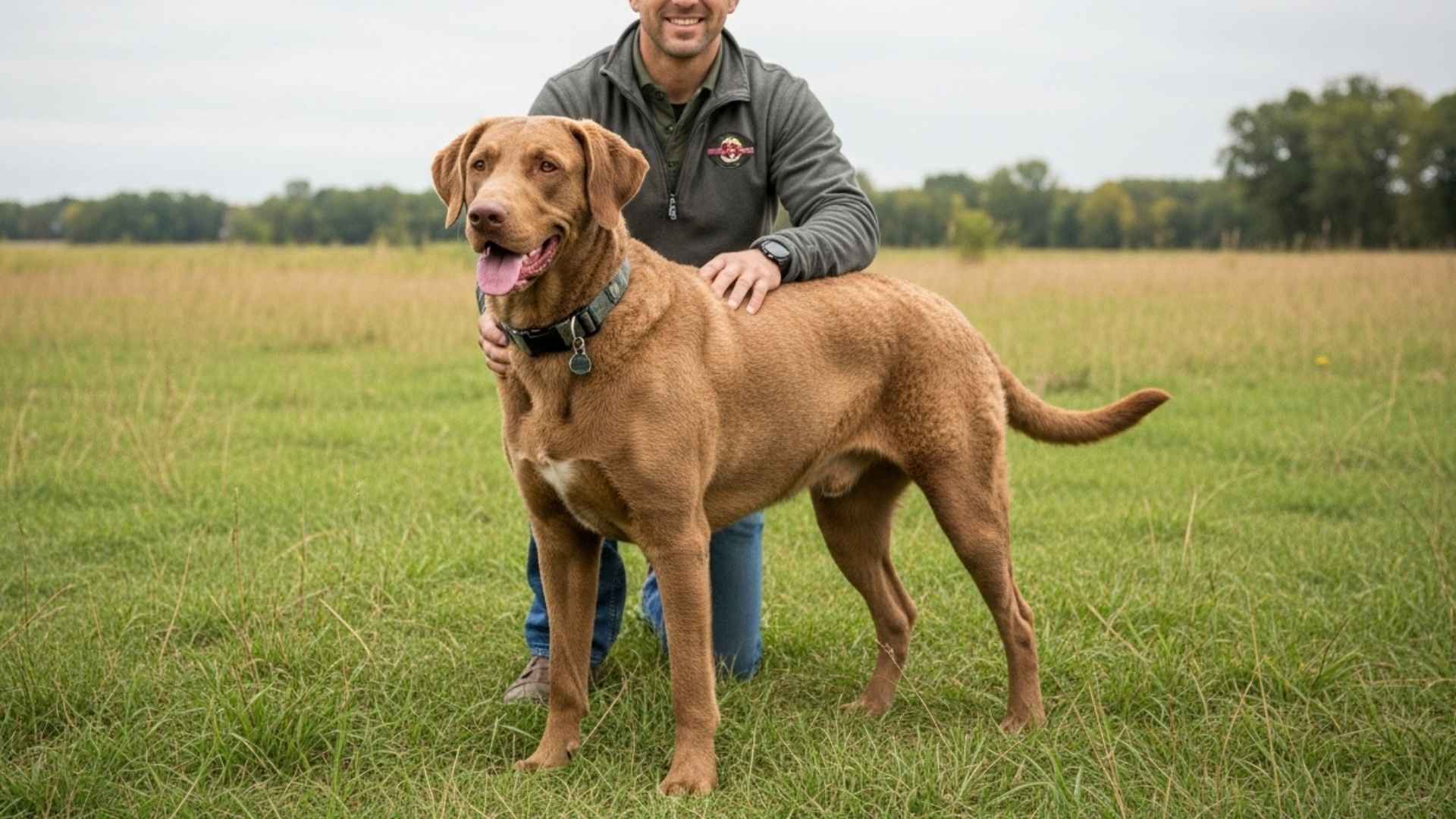Did you know that dogs have been humans’ hunting partners for over 20,000 years? According to a study, early hunters relied on canines not only for tracking prey but also for strategy and survival. That’s right—our four-legged friends have been essential teammates since the dawn of civilization.
Today, hunting dogs remain unmatched in intelligence, loyalty, and skill. Their keen sense of smell can detect scents up to 100,000 times better than humans, making them invaluable in the field. It’s no wonder they’re often called the “ultimate outdoor athletes.”
From wetlands to woodlands, each breed has its specialty. Some are born retrievers, others excel at pointing or flushing out game. What unites them all is purpose and precision.
But choosing the right hunting companion isn’t just about skill—it’s about synergy. The bond between hunter and dog defines success in every expedition.
Ready to meet your perfect field partner? Let’s dive in.
Best Hunting Dog Breeds Out There
1. Labrador Retriever
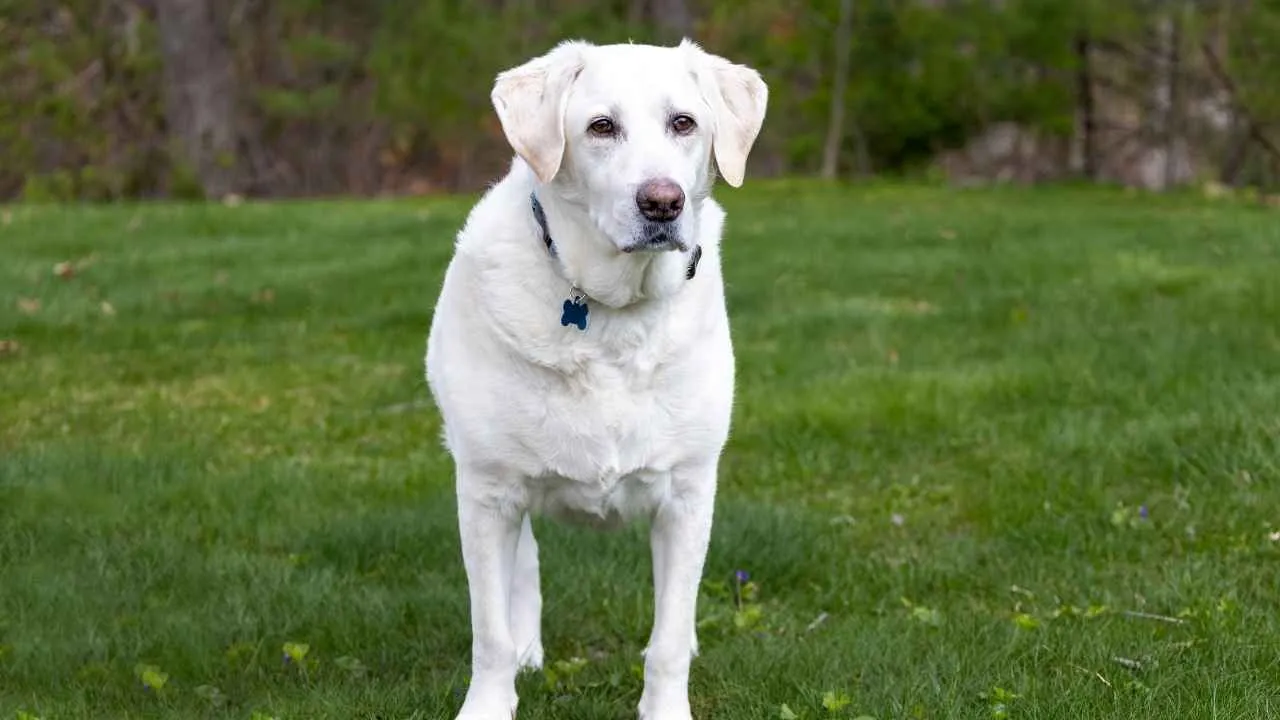
It’s no surprise that the Labrador Retriever sits comfortably at the top of nearly every list of the best hunting dogs. Originally bred in Newfoundland to retrieve fish and assist fishermen, this versatile breed evolved into a waterfowl hunter’s dream.
With boundless energy, a waterproof double coat, and a heart that beats for adventure, Labs excel in cold, wetlands and open fields alike.
AKC claims that Labs are known for their unmatched trainability and eagerness to please. Their intelligence makes them quick learners, while their steady temperament ensures calm focus during intense hunts. They form deep connections with handlers, following cues with precision and enthusiasm.
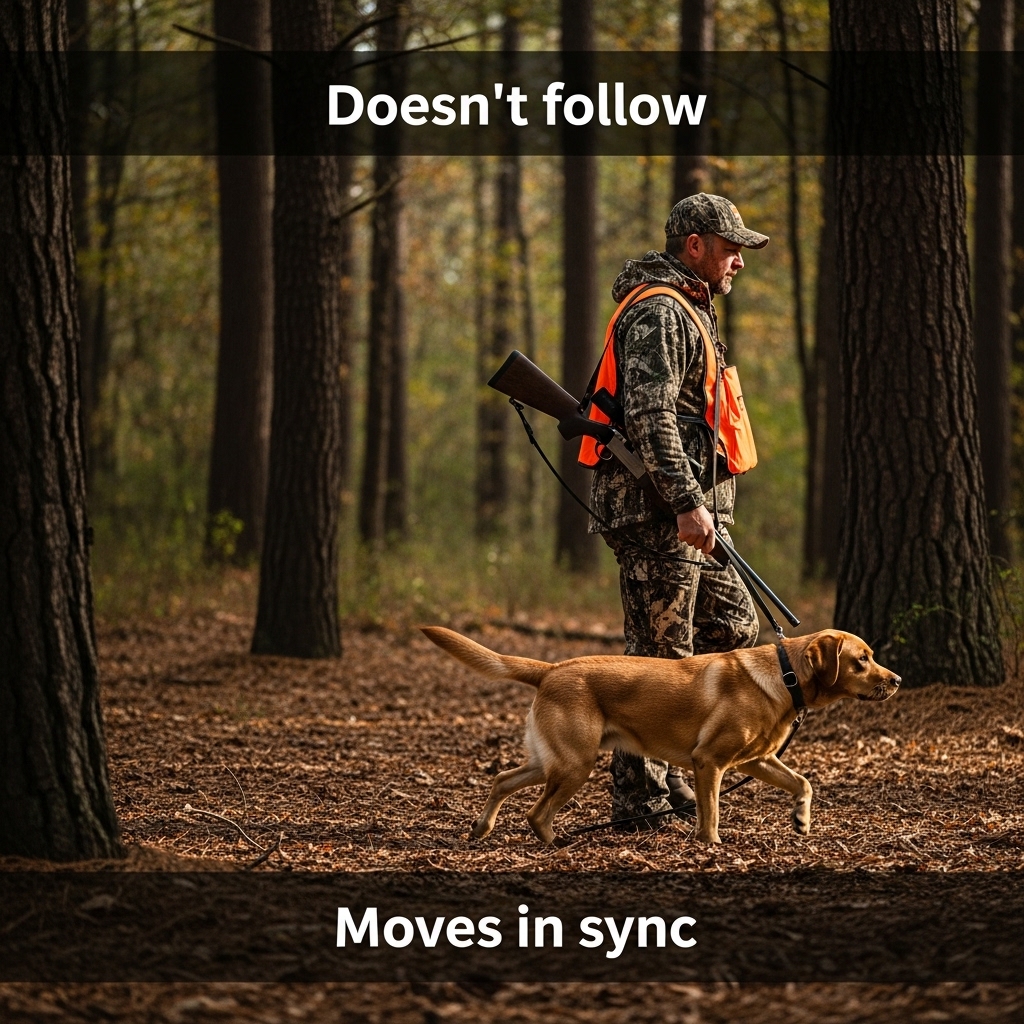
Field Performance & Hunting Strengths:
Remarkable swimming ability for retrieving in icy waters.
Soft mouth grip ensures delicate retrieval of game birds.
High endurance and focus for long hunting days.
Strong scenting ability that rivals specialized scent hounds.
Care, Conditioning & Maintenance:
Daily vigorous exercise, such as swimming or fetch.
A balanced diet rich in protein for muscle recovery.
Regular ear cleaning to prevent infections after water hunts.
Mental stimulation with retrieval drills or puzzle toys.
Off the field, the Labrador is pure sunshine—gentle with children, loyal to families, and happiest when part of the pack. Its natural friendliness and patience make it both a hunter’s ally and a household favorite.
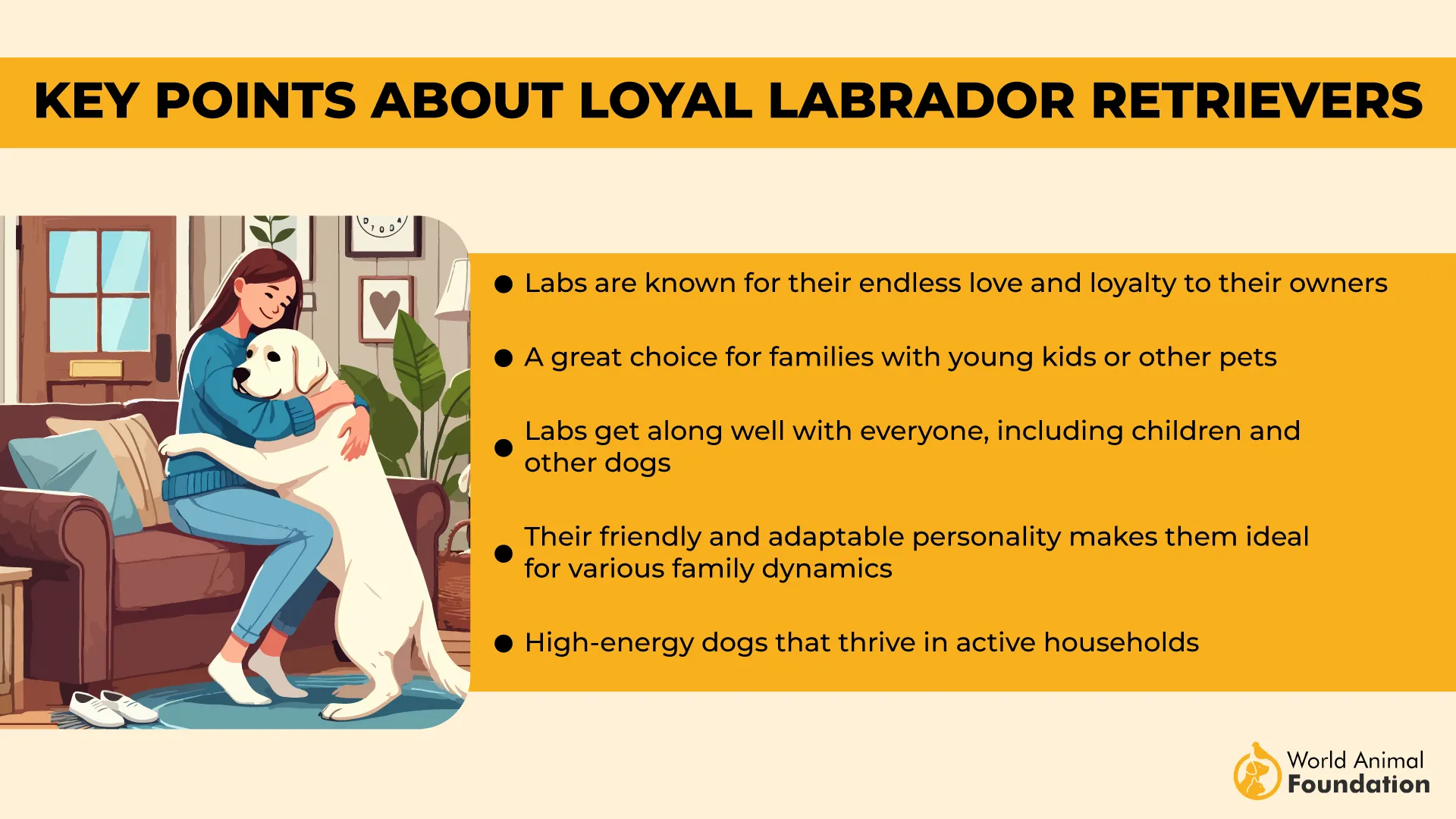
Pro Hunter’s Tip: Train early in water to boost confidence; Labs thrive when introduced to aquatic retrieves during their first few months.
🎧 Dogcast
Episode 12 — If Dogs Could Talk: Why Do Humans Go to the Gym When the Park Exists
If you don’t hear sound, tap the button above to enable audio.
2. German Shorthaired Pointer
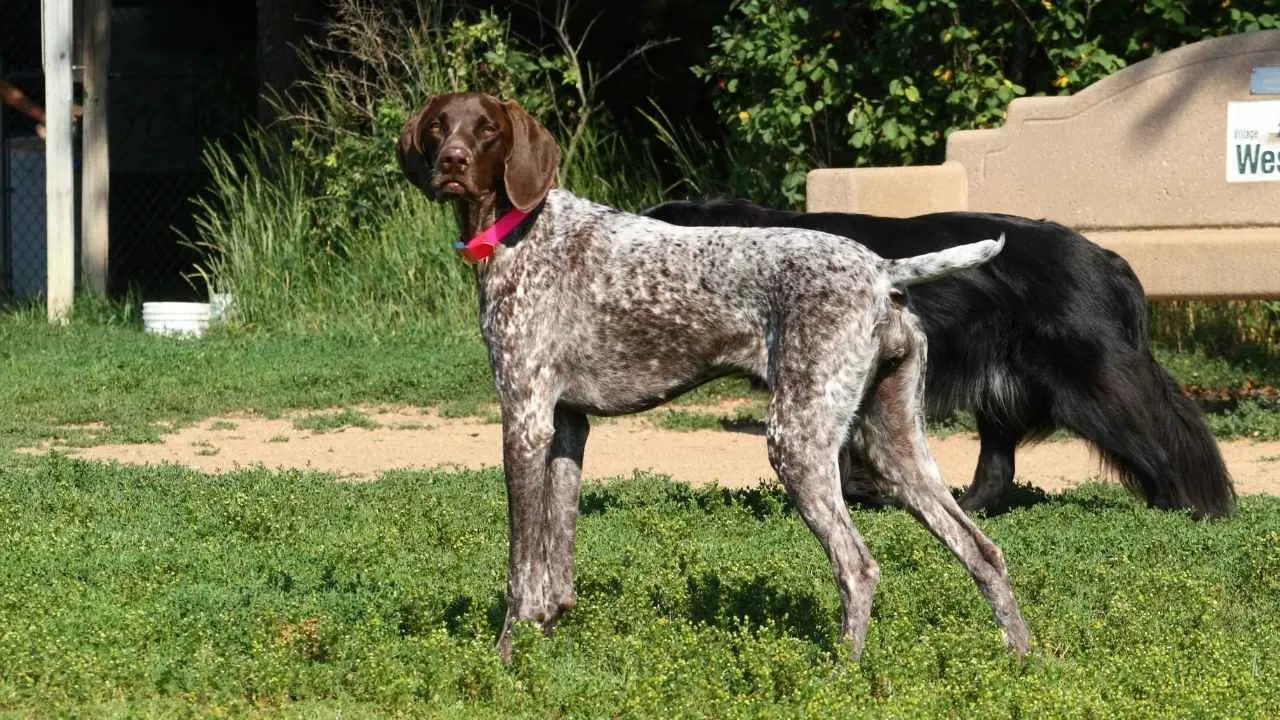
Athletic, sharp-minded, and purpose-built, the German Shorthaired Pointer is an all-terrain champion among hunting dogs. Developed in 19th-century Germany, this breed was designed to track, point, and retrieve across both land and water.
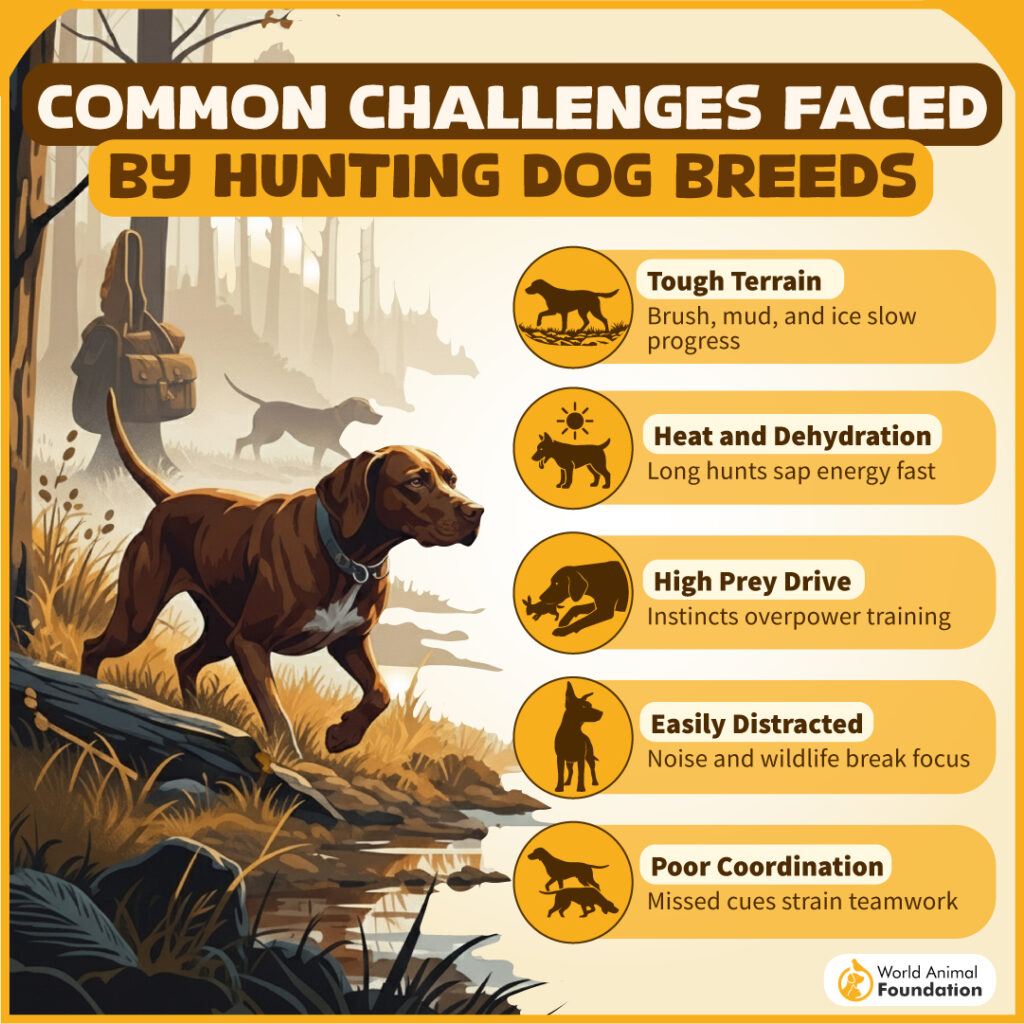
Its lean, muscular frame and tireless drive make it a trusted partner for hunters pursuing upland birds and small game.
Purina explains that GSPs are as clever as they are energetic. They think fast, read their handler’s cues like second nature, and show unmatched enthusiasm in the field. Known for their versatility, they switch seamlessly between tracking, pointing, and retrieving without losing focus.
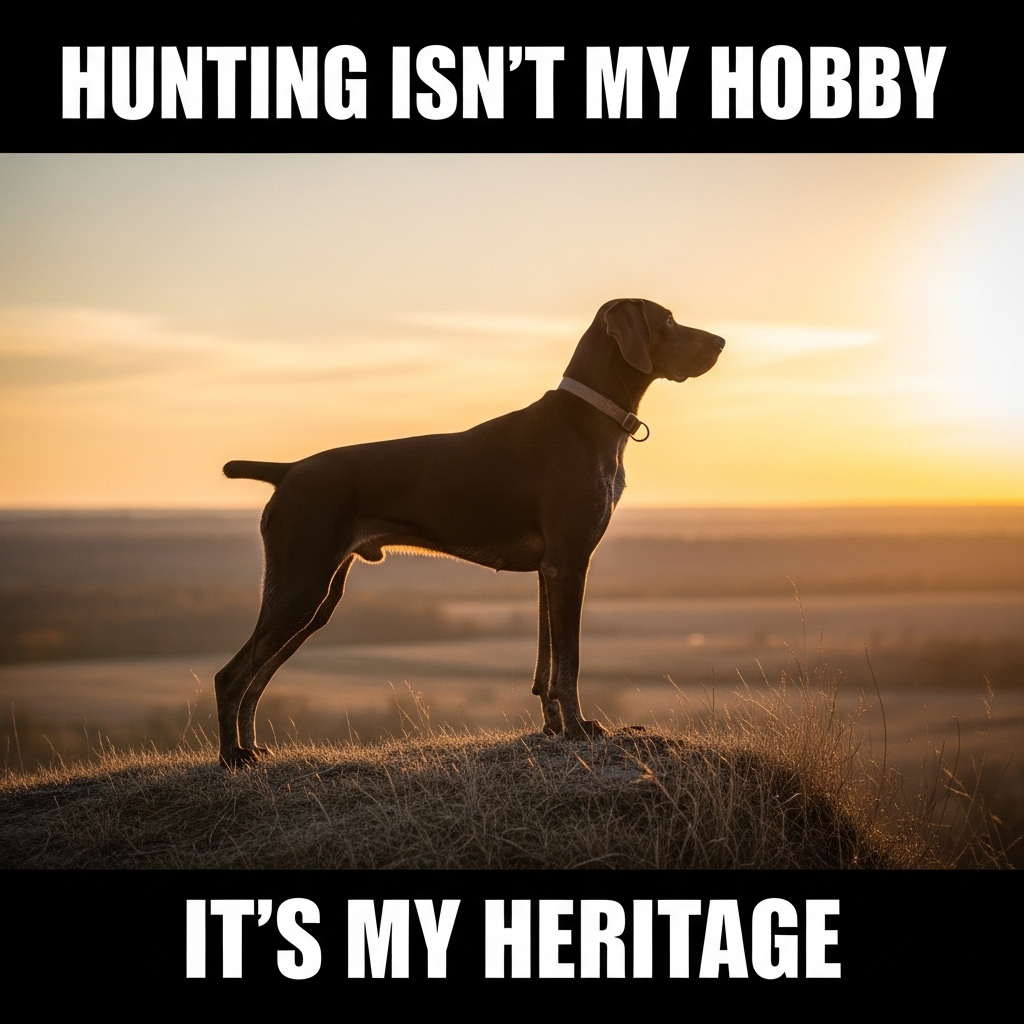
Field Performance & Hunting Strengths:
Exceptional stamina suited for full-day hunts.
Dynamic tracking instincts for feathered or furred game.
Precise pointing behavior that locks targets with intensity.
Agility and balance for quick maneuvering in dense brush.
Care, Conditioning & Maintenance:
Ample off-leash exercise in open spaces to manage energy.
Short, low-maintenance coat needing weekly brushing.
Consistent obedience reinforcement to channel high drive.
Joint and muscle care with supplements for active adults.
Beyond the hunt, the GSP is affectionate and loyal, thriving in active families who enjoy outdoor adventures. They’re happiest with room to run and a purpose to pursue, blending athleticism with companionship.
Pro Hunter’s Tip: Use scent-based games at home—GSPs love nose work, and it strengthens their focus for real hunts.
3. Golden Retriever
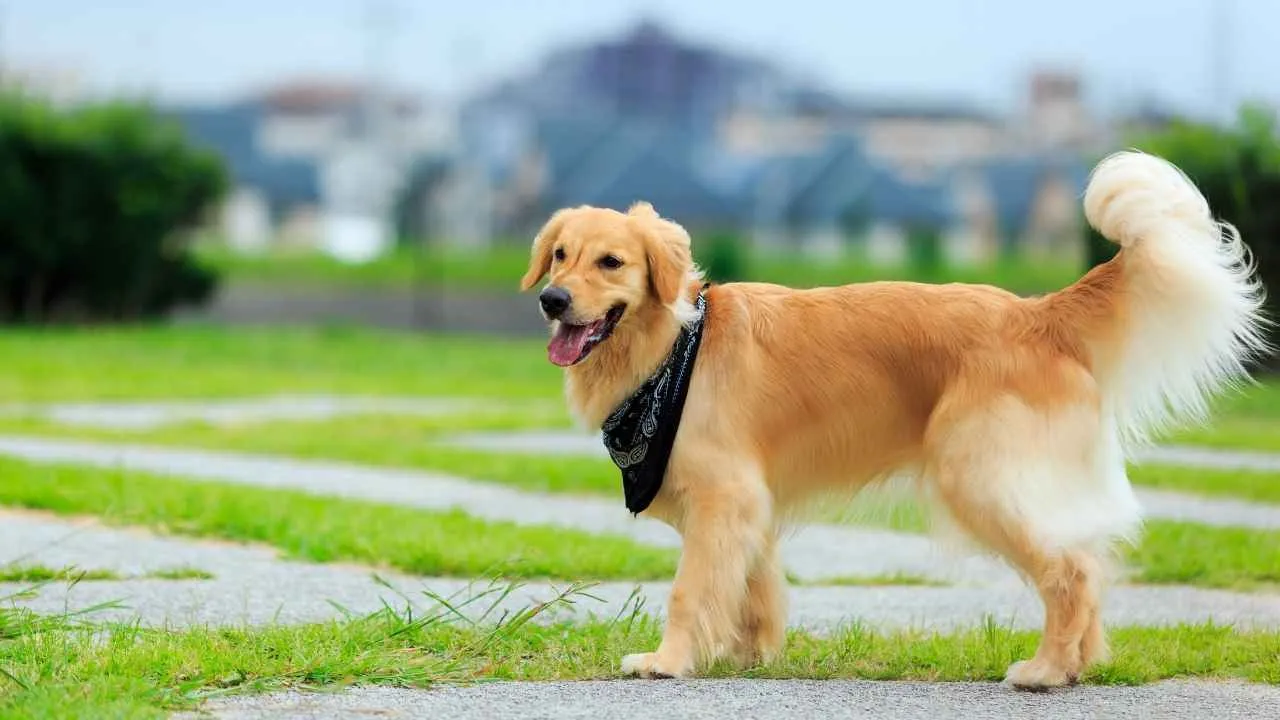
The Golden Retriever blends grace, intelligence, and unshakable work ethic—making it one of the most beloved hunting companions worldwide.
Originally bred in the Scottish Highlands to retrieve waterfowl, this breed’s golden coat isn’t just beautiful—it’s weather-resistant and built for cold, wet environments. Hunters admire Goldens for their determination and endless enthusiasm in the field.
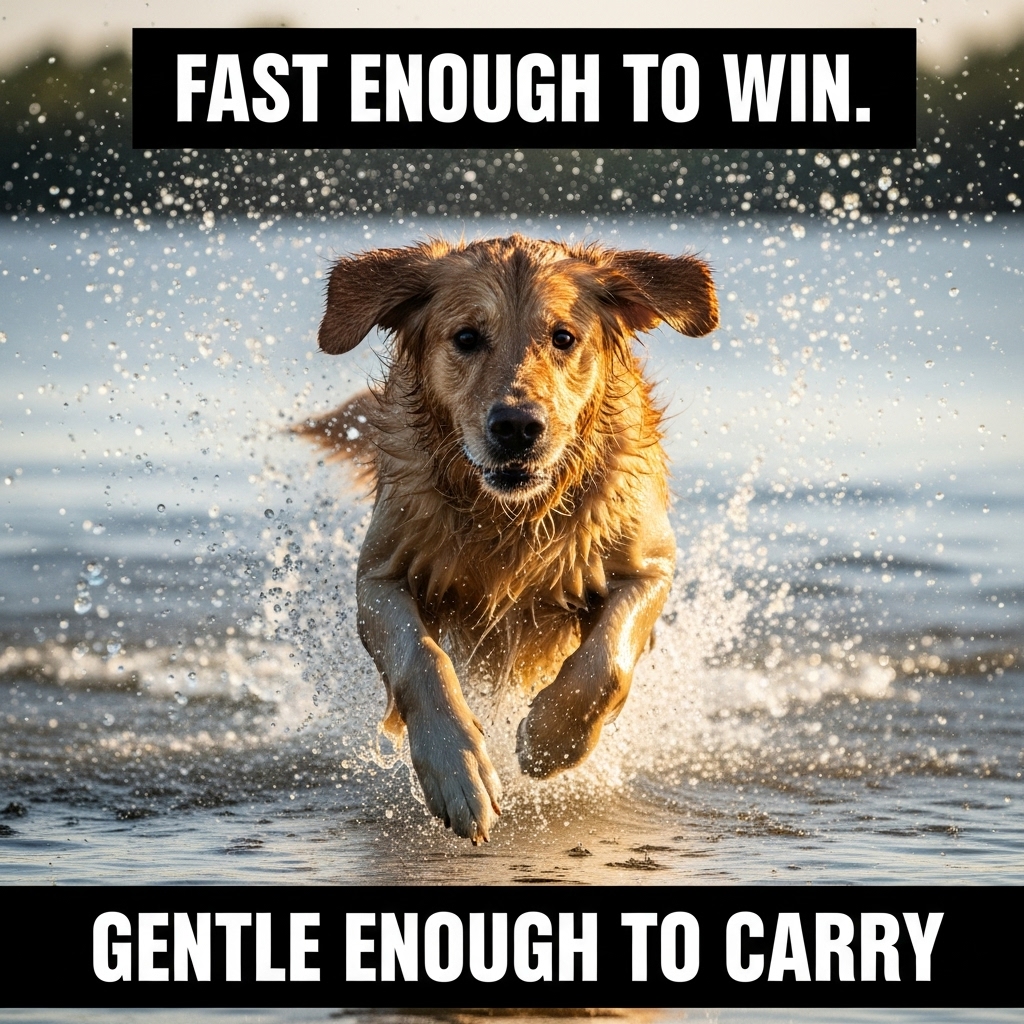
Goldens shine with emotional intelligence and optimism. They’re problem-solvers who pick up commands quickly, balancing sensitivity with dependability. Their gentle disposition pairs perfectly with their drive to perform.
Field Performance & Hunting Strengths:
Superior retrieving skills with a naturally soft mouth.
Excellent swimming endurance in rough waters.
Remarkable memory for multiple marked retrieves.
Focus and patience during long blind waits.
Care, Conditioning & Maintenance:
Regular coat brushing to prevent tangles and waterlogging.
Controlled diet to maintain lean muscle mass.
Obedience refreshers to sharpen recall.
Frequent vet checks for ears and joints due to an active lifestyle.
Off the hunting trail, the Golden Retriever embodies warmth and loyalty. They bond deeply with families, thrive on attention, and make superb therapy or assistance dogs.
Pro Hunter’s Tip: Combine fetch with obedience drills—this satisfies both the Golden’s retrieving instincts and its love of mental challenges.
4. English Springer Spaniel
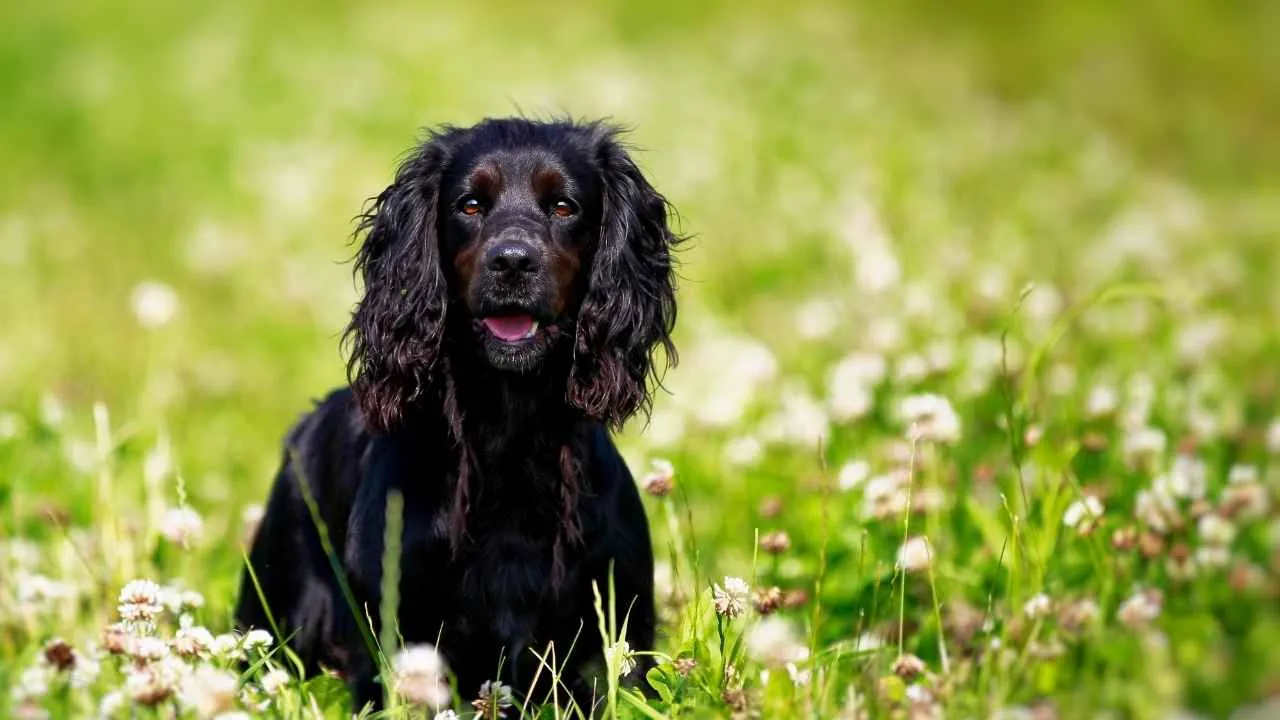
The English Springer Spaniel is a joyful, high-spirited hunter built for action and precision. Originating from 16th-century England, this breed was crafted to flush and retrieve game birds with unmatched enthusiasm.
Compact yet powerful, Springers are masters of dense cover and quick turns, thriving in upland fields and woodlands.
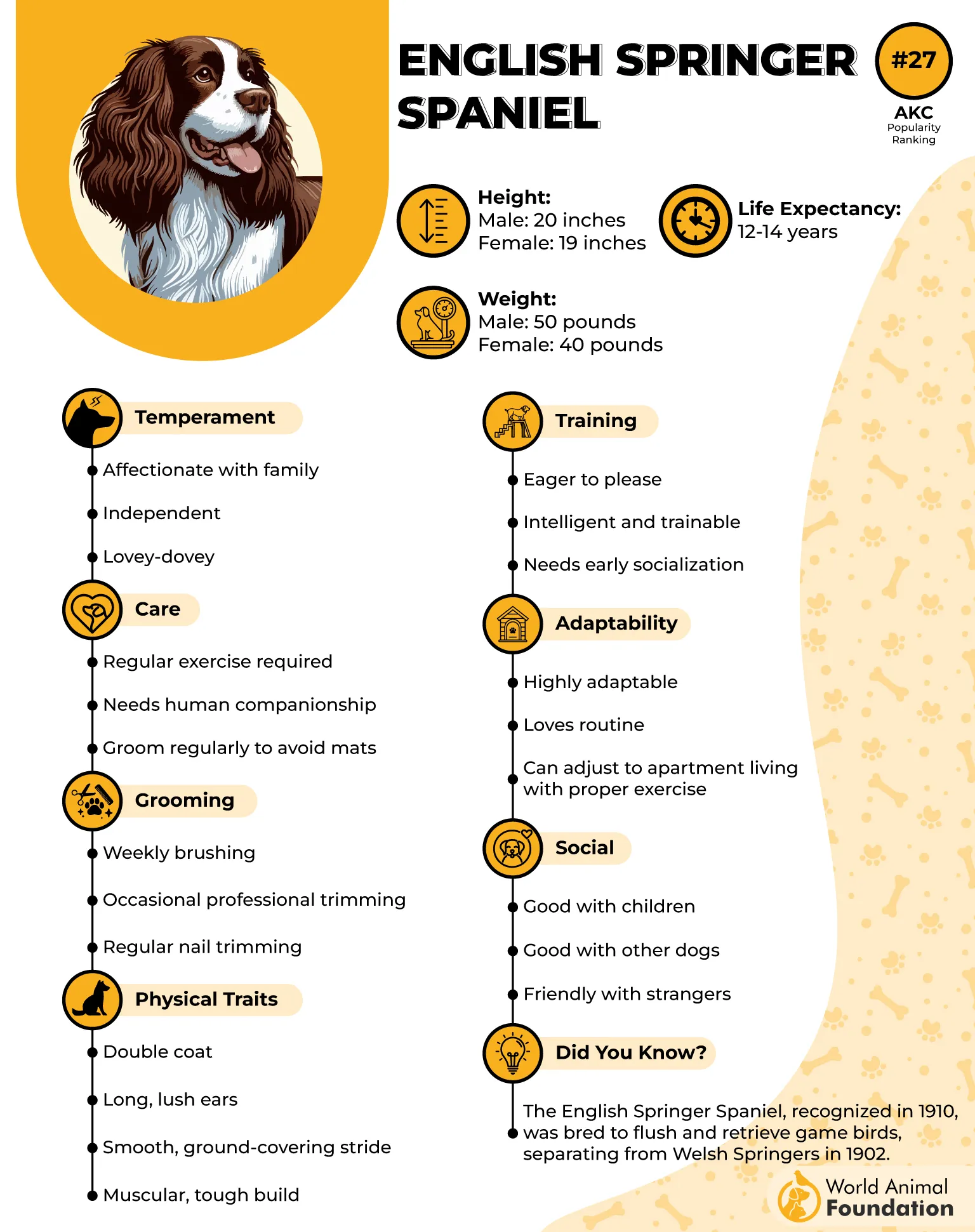
Their lively intelligence and unwavering determination set them apart. Springer Spaniels are eager learners who anticipate their handler’s next move, staying alert and adaptable in unpredictable conditions.
Field Performance & Hunting Strengths:
Exceptional flushing ability for pheasants and quail.
Strong retrieval instincts paired with excellent memory.
Tight working range keeps them close to their hunter.
Remarkable adaptability to varied terrains and weather.
Care, Conditioning & Maintenance:
Regular grooming for feathered coat maintenance.
Daily runs or play sessions to balance energy.
Firm yet kind training to prevent overexcitement.
Routine ear care to avoid infections from moisture.
When the day ends, this breed transforms into a cuddly, affectionate family member. PDSA notes that they’re playful, sociable, and thrive on interaction, making them ideal companions for active homes.
Pro Hunter’s Tip: Keep field training sessions fun and fast-paced—Springers learn best through enthusiasm, not repetition.
5. Chesapeake Bay Retriever
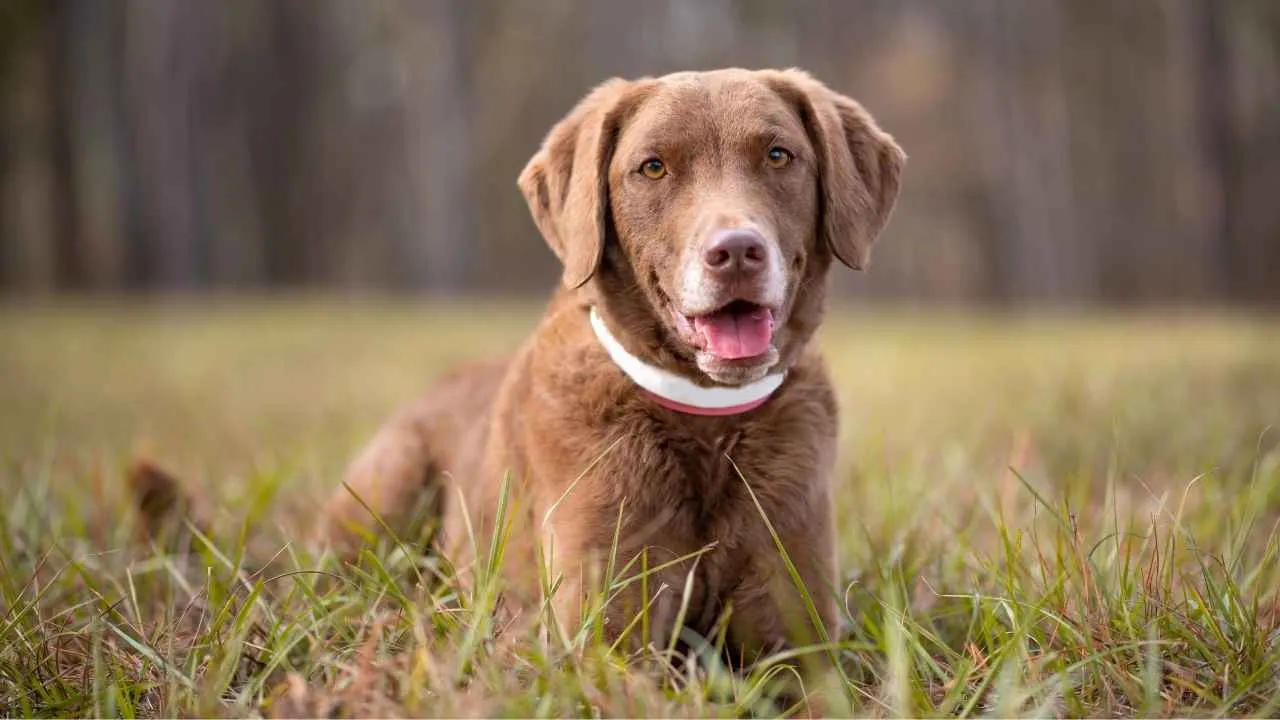
Forged in the icy waters of the Chesapeake Bay, this breed was born to retrieve under the toughest hunting conditions.
The Chesapeake Bay Retriever boasts power, endurance, and a distinct oily coat that repels water like armor. Hunters prize its courage and ability to push through cold, waves, and wind to bring back ducks and geese.
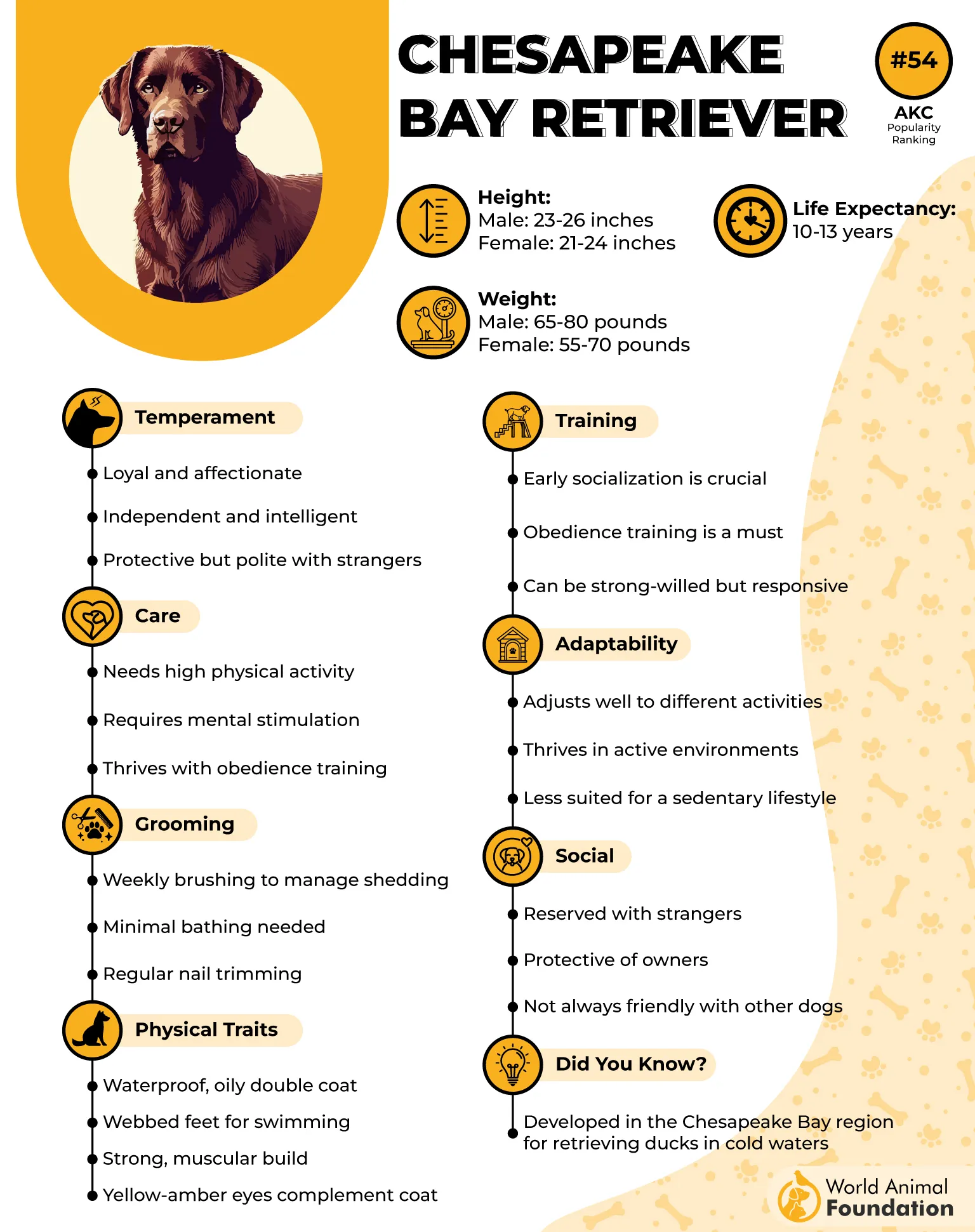
This retriever is independent-minded yet deeply loyal. It thrives on challenges and needs consistent guidance from an experienced hand. Once bonded, the Chessie’s devotion and reliability are second to none.
Field Performance & Hunting Strengths:
Incredible cold resistance due to its dense, oily double coat.
Strong swimming and diving ability for deep-water retrieves.
Powerful build is ideal for carrying heavy game.
Keen memory and determination to complete long retrieves.
Care, Conditioning & Maintenance:
Regular coat brushing to distribute natural oils evenly.
Ample swimming sessions to keep muscles strong.
Positive reinforcement training to nurture cooperation.
A balanced, protein-rich diet to support stamina.
Off-duty, the Chesapeake Bay Retriever is watchful and affectionate with family. It may be reserved with strangers but thrives when treated as part of the team.
Pro Hunter’s Tip: Expose young Chessies early to cold water retrieves—early acclimation builds lifelong confidence in challenging environments.
6. Weimaraner
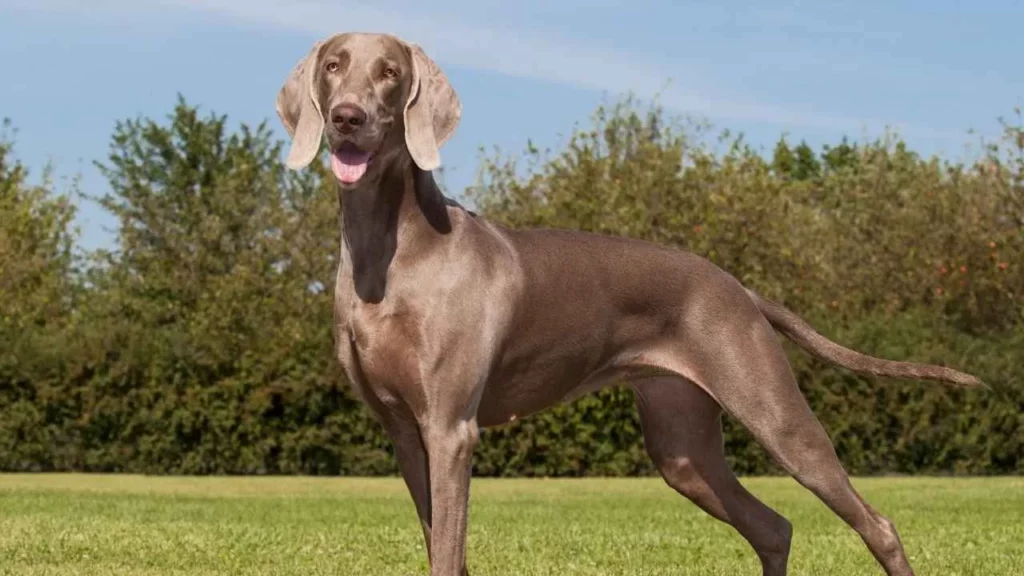
The Weimaraner is the definition of sleek power and precision. Originally bred by German aristocrats in the early 19th century for hunting large game, it later adapted seamlessly to upland and waterfowl hunting.
With its silver-gray coat and athletic grace, the “Gray Ghost” glides across terrain with quiet confidence and unmatched drive.
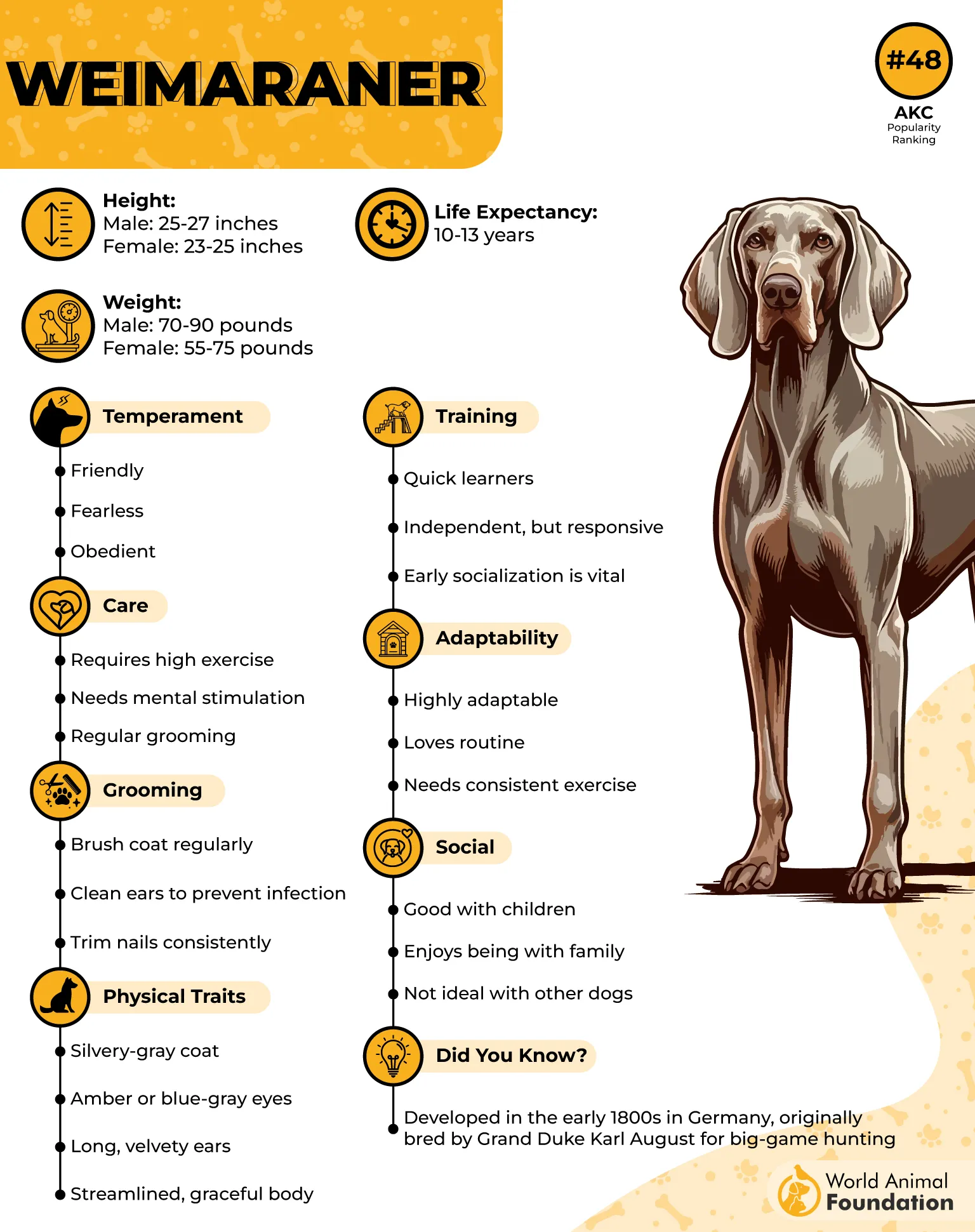
This breed is intelligent and bold, often one step ahead of its handler. Weimaraners crave mental engagement and thrive on structure, making them ideal for hunters who enjoy an active, hands-on partnership.
Field Performance & Hunting Strengths:
Unrelenting stamina for long-distance tracking.
Acute scenting ability for locating hidden prey.
Fearless approach to rough terrains and weather.
Lightning-fast response to direction and recall commands.
Care, Conditioning & Maintenance:
Consistent exercise routines to release high energy.
Early socialization for a balanced temperament.
A short coat requires minimal grooming but frequent baths post-hunt.
Plenty of mental enrichment to prevent boredom.
At home, the Weimaraner is affectionate, loyal, and thrives in active families. It bonds intensely and prefers constant companionship over solitude.
Pro Hunter’s Tip: Introduce scent training early—Weimaraners excel when challenged mentally as much as physically.
7. Beagle
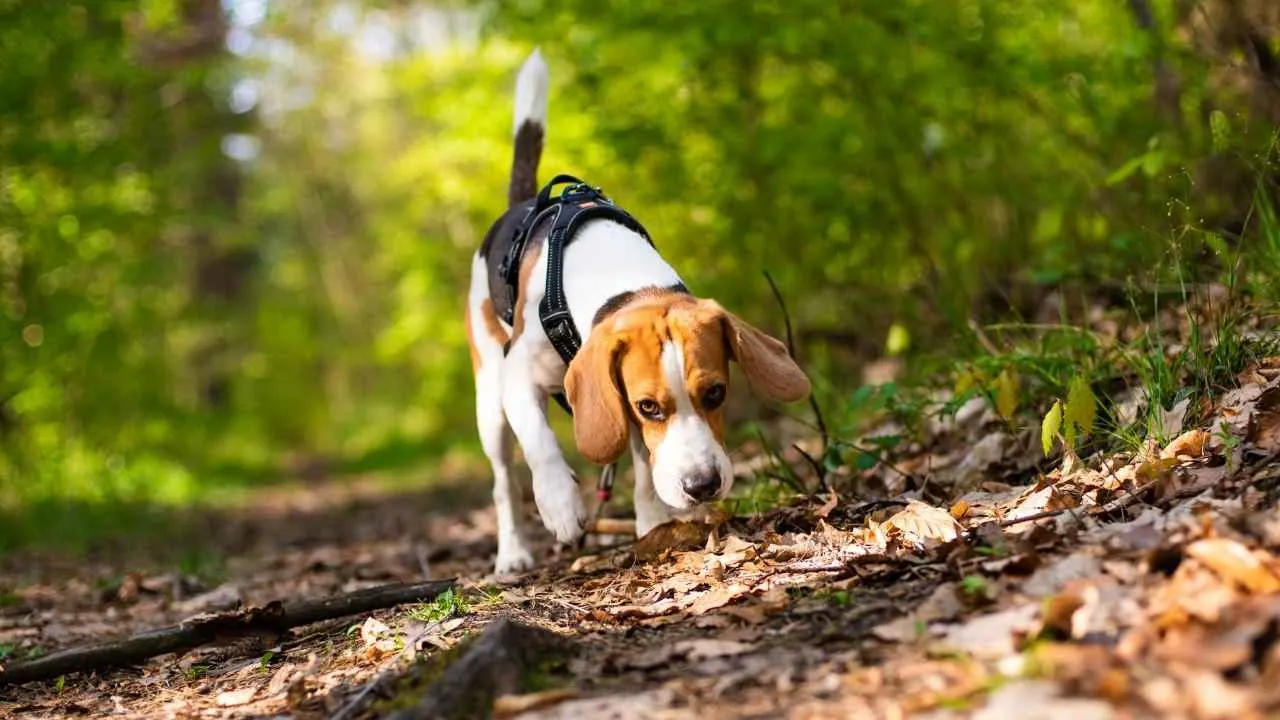
Small in stature yet mighty in scenting prowess, the Beagle is a legend in small-game hunting. Originally bred in England for rabbit and hare tracking, its compact frame and tenacious nose make it unstoppable in the field.
Known for its melodic bay and joyful energy, this breed transforms every hunt into a lively pursuit.
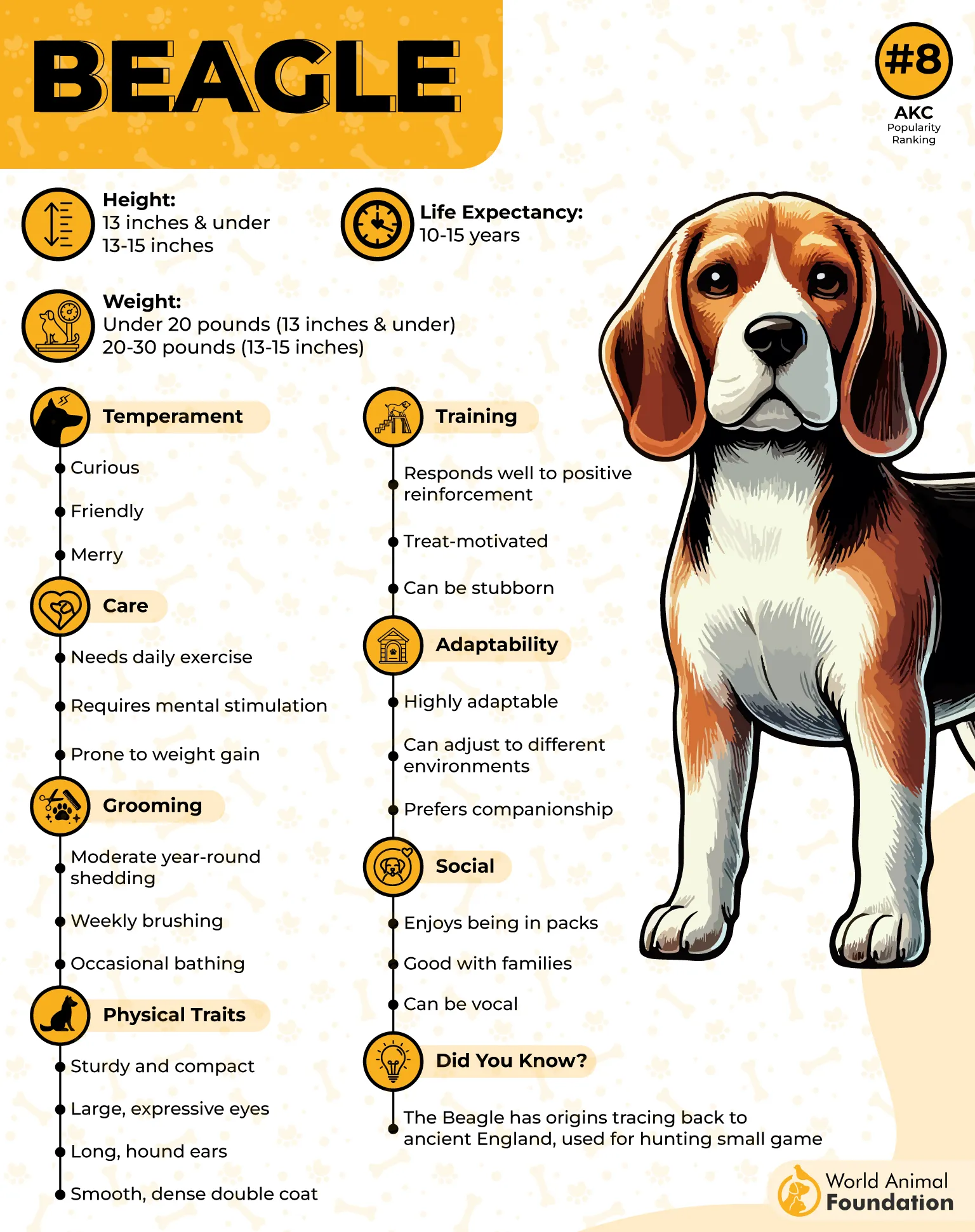
Beagles are clever, curious, and driven by scent more than anything else. Their persistence and independence demand patient, reward-based training. When guided correctly, they’re incredibly accurate and consistent trackers.
Field Performance & Hunting Strengths:
Extraordinary scent detection with over 220 million receptors.
Compact build ideal for navigating dense undergrowth.
Relentless tracking focus even over long distances.
A distinctive voice that helps hunters locate them easily.
Care, Conditioning & Maintenance:
Daily walks and scent games to satisfy instincts.
Regular ear cleaning due to floppy ears.
Balanced nutrition to avoid weight gain.
Secure fenced area to prevent following scents too far.
Off the field, Beagles bring charm and cheer into any home. They’re social, affectionate, and great with children—small in size, big in personality.
Pro Hunter’s Tip: Turn training into a game of hide-and-seek using scent-based toys—Beagles learn best when their noses lead the way.
FAQs
What makes a dog breed truly great for hunting?
Great dogs for hunting have natural ability, excellent noses, and the stamina to handle rough and varied terrain. Bird dogs and other hounds with strong prey drive and webbed feet excel in tracking and retrieving. These determined hunters can point upland birds, hunt small game, or even tree raccoons with precision.
How much training do the best hunting breeds really need?
Even good dogs with instincts need consistent training to track scent trails, retrieve birds, and follow commands. Active dogs thrive with regular field practice and socialization. Without structure, a talented retriever or duck dog can easily become too much for new hunters.
Can a top hunting dog also make a great family pet?
Absolutely. Many bird dogs and other retriever breeds are loyal, gentle, and eager to please at home. With proper exercise and attention, these tough dogs balance their hunting instincts with the loving nature of excellent companions.
Conclusion
Great hunting dogs make every adventure unforgettable—wet boots, muddy paws, and all. These energetic dogs turn every hunt for upland game or hunting birds into pure excitement.
Beyond the retriever breeds we’ve covered, other breeds like the German Wirehaired Pointer, Irish Setter, and Cocker Spaniel are born to flush birds and retrieve downed birds with style. They’re eager to please, quick to learn, and full of heart.
So, bird hunters, grab your gear and your best gun dog—these versatile dogs are more than tough hunters; they’re loyal family dogs and excellent companions for every wild chase ahead!


